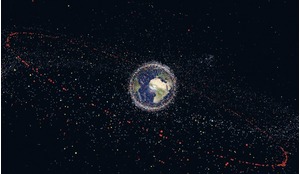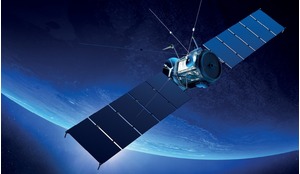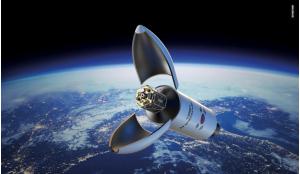The prospect of so-called ‘mega constellations’ causing a potential 10 to 25-fold increase in the number of low Earth satellites is raising public awareness and concern about the long-term sustainability of space activities. An innovative open source system called TruSat is creating new opportunities for concerned citizens around the world to be part of the solution.
A September 2019 manoeuvre of the European Space Agency (ESA) Aeolus Earth observation satellite to avoid a potential collision with a satellite in the SpaceX Starlink constellation thrust once obscure matters of space traffic management into the headlines, and heightened global public concern about the long-term sustainability of the space activities on which the world increasingly depends.
That the conjunction involved a Starlink satellite likely contributed to the public interest and concern. If SpaceX delivers on its plans to launch an additional 1000 Starlink satellites by the end of 2020, it will single-handedly increase the number of operational satellites in low Earth orbit (LEO) by 50 percent. SpaceX has received regulatory authorisation for 12,000 Starlink satellites, and recently sought authorisation for an additional 30,000 satellites. The regulatory filings of SpaceX, OneWeb, and Amazon’s Project Kuiper alone foreshadow a 10 to 25-fold increase in the population of LEO satellites in the coming decade.














